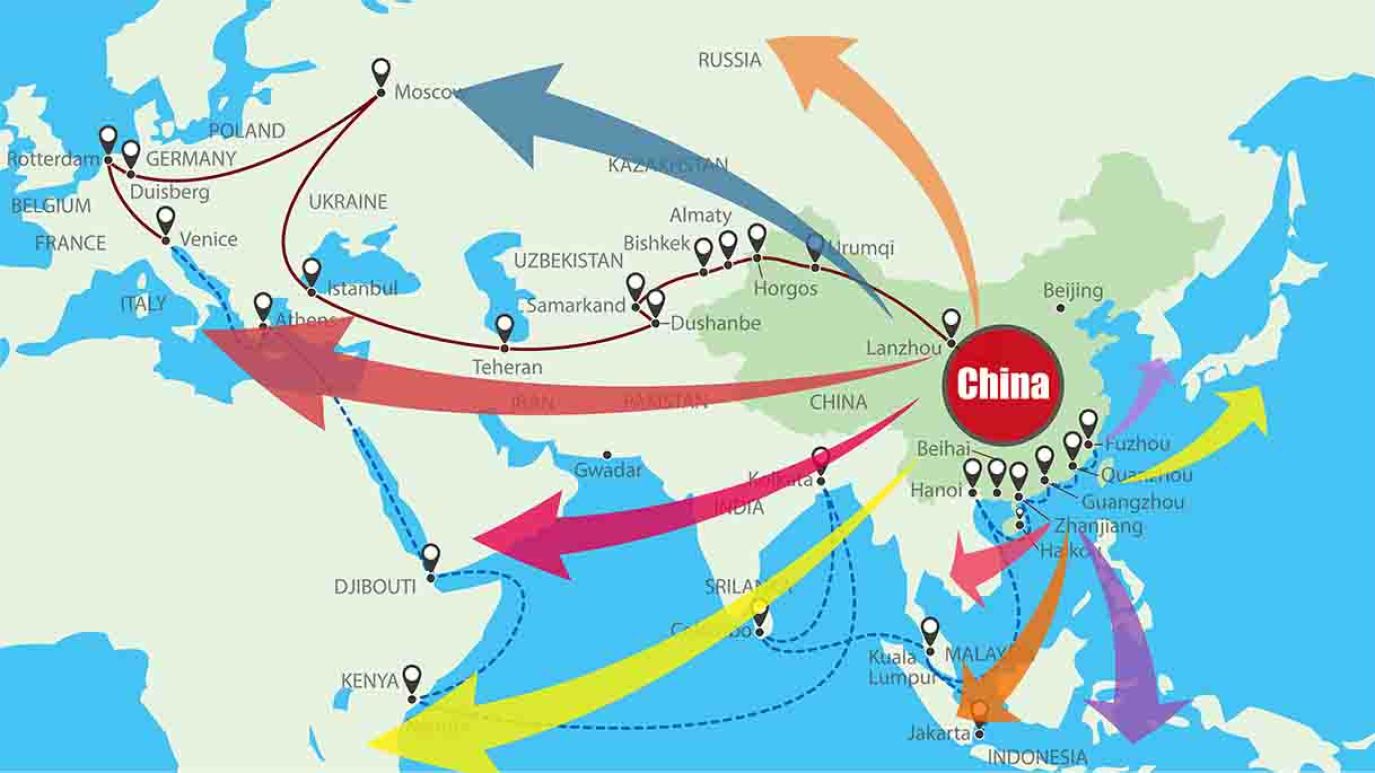-
Blog
Italy confirms intention to leave China’s Belt and Road Initiative

Italy joined China’s BRI initiative in March 2019 despite heavy U.S. criticism, but as Rome’s presidency of the G7 approaches in March 2024, Italy Prime Minister Giorgia Meloni has formally announced that Italy will not renew its BRI accord, which is set to renew in the same month. Does it provide a template for other nations – disappointed by the promise of BRI – to leave BRI?
After becoming the first and only EU nation and only G7 country to join China’s Belt and Road Initiative (BRI) at the time, Italy has officially informed Beijing that it will not be renewing its 2019 BRI accord when it ends in March 2024. Despite this, Italy Prime Minister Giorgia Meloni has emphasized that Italy can still improve trade and economic ties with China even after the decision.
Italy went against the advice of the U.S. and other European nations when it joined the trade and investment program in March 2019 under then-Prime Minister Giuseppe Conte’s populist government despite warnings from Washington that it could allow China to gain access to sensitive technologies and vital infrastructure.
Italy announces exit from BRI days before 24th EU-China summit
Although Meloni has been suggesting for some months that Italy would not renew its BRI accord, the timing of the announcement was significant coming days before the EU-China summit on 7 December when President of the European Commission, Ursula von der Leyen and President of the European Council, Charles Michel, held wide ranging talks with Chinese President Xi Jinping and Premier Li Qiang at the 24th European Union (EU) and China Summit in Beijing. Notably, Italy also takes on presidency of the G7 group of nations in March 2024.
During the Beijing summit, the EU noted that there are “imbalances” in trading relationships and each other’s view of Russian aggression in Ukraine. China is also the EU’s second-largest trading partner after the U.S. with bilateral trade reaching an all-time high of $847.3 billion in 2022. However, in the same year, China had a record trade surplus of US$276.6 billion with the EU, which attributes this to China’s level of openness not being “the same as the level of openness from the EU side” and restricted access to the Chinese market.
Italy initially joined BRI – against heavy criticism from Europe and the U.S. – following a decade of Italian economic challenges. At the time, China viewed Italy’s BRI endorsement as a symbolic ‘win’ in Europe. The Italian government saw the BRI as a means to expand exports in China and attract investment with an agreement on “unimpeded trade and investment”.
The promise of BRI fails to materialize for Italy
The Memorandum of Understanding (MoU) included 50 agreements covering policy dialogue, transport and infrastructure, trade and investment, financial cooperation, people-to-people connections, and green development cooperation. But only a fraction of the $20 billion investment promised by China has materialized.
However, the anticipated benefits to Italy’s economy never arrived, and it now views China as the main beneficiary of the agreement. According to data from Comtrade, trade between China and Italy increased 1.6 times between 2019 and 2022, from $50 billion to $80 billion. While Chinese imports to Italy rose from $35 billion to $61 billion during the same period, Italian exports to China increased only slightly from $14.5 billion to $19 billion – as a result of this imbalance, the Italian market has been flooded with Chinese products – Chinese imports into Italy make up 9% of Italy’s total imports – the second-most in the world – compared to 3% in the other direction.
But President Meloni’s conservative coalition government is not just focused on the economic disappointments of the agreement, rather the Italian leader has consistently tried to show her commitment to NATO and earlier this year informed President Biden of Italy’s intention to leave the BRI. Meloni has criticized China’s treatment of ethnic minorities in Xinjiang, its management of the COVID-19 crisis, its position on Russia’s invasion of Ukraine, and its role in creating heightened tensions in the Taiwan Strait.
A template for other nations to leave BRI?
In response to Italy’s decision to leave the BRI, Chinese foreign ministry spokesperson Wang Wenbin said that the BRI has "enormous appeal and global influence… and China firmly opposes smearing that damages Belt and Road Initiative cooperation."
However, Italy has noted that other G7 nations have closer relations with China, despite the fact they are not members of the BRI. Italy's main eurozone trading partners France and Germany, for example, exported significantly more to China last year than Italy. At the same time, 18 EU countries remain in the BRI – including Ukraine, as well as Albania, Croatia, Austria, Greece, Portugal, Luxembourg, and Slovakia, to name a few.
However, some view Meloni and Italy’s exit as providing a template for other leaders and nations to leave the BRI, and this move may be closely watched by other nations considering similar action. Meloni’s decision to withdraw from the BRI demonstrates Rome’s effort to align Italy more closely with transatlantic geopolitical priorities and signals distancing from China-led global initiatives.
China’s 5G influence in developing economies
China’s Belt and Road Initiative and its digital counterpart, the Digital Silk Road, threaten to displace US telecom and tech companies in developing economies in Africa, Latin America and the Middle East. How can US operators and network providers stand up to the challenge?